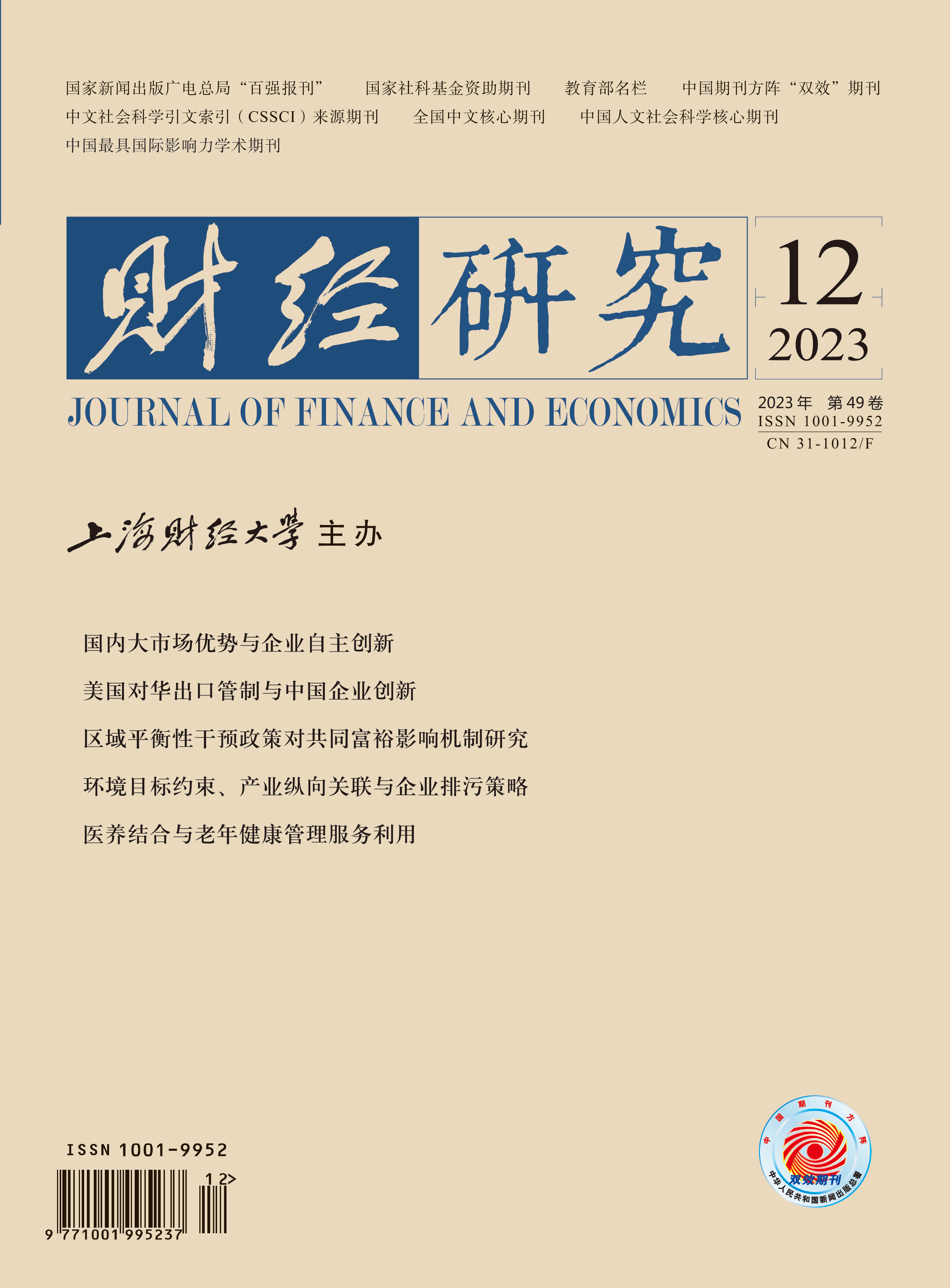The integration of medical and elderly care is an important means to realize the strategy of healthy China and active aging, and it is also a necessary condition for the high-quality development of the social elderly care service system. Based on the data of CHARLS, this paper systematically evaluates the impact of the pilot of integrated medical and elderly care policy on the utilization of elderly health management services by using a DID model. It is found that this policy significantly promotes the utilization of elderly health examination services, health assessment and intervention services, and the establishment of health records, and improves the utilization level of elderly health management services, but this impact shows different effects depending on the geographical location, administrative level, and aging level of the city. Further analysis shows that this policy has a significant impact on the utilization of health management services for the elderly through mechanisms such as policy agglomeration effect, increased government capital investment, promotion of facility proximity, and expansion of service methods. The study believes that the development of integrated medical and elderly care in China is currently in a critical stage of leading from national pilot projects to demonstration projects and promoting them nationwide. The policy effect of pilot projects and the leading role of demonstration projects should be fully exerted. The adaptability of integrated medical and elderly care policy to cities with different economic development levels, administrative levels, or aging levels should be strengthened to avoid the “one-size-fits-all” policy; the construction and functional layout of community medical and elderly facilities should be attached importance to; and service methods should be optimized to turn passivity into proactivity and actively improve the effectiveness of health management.
The marginal contributions of this paper are as follows: First, it sorts out in detail the connotation of elderly health management from the perspective of integrated medical and elderly care, and discusses the relationship between the integration of medical and elderly care and the utilization of elderly health management services. Second, it empirically tests the impact of the pilot of integrated medical and elderly care policy on the utilization of elderly health management services, and evaluates its policy effect. Third, it discusses the influence mechanism of the integration of medical and elderly care on the utilization of elderly health management services, providing a theoretical basis for the improvement of follow-up policies and elderly health management services.





 4421
4421  3723
3723

